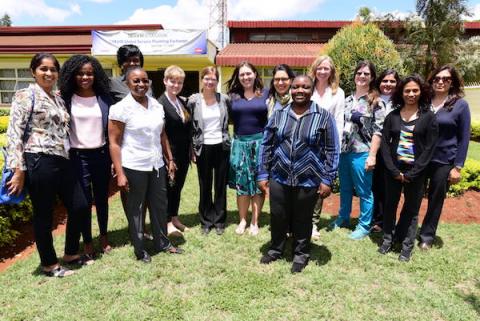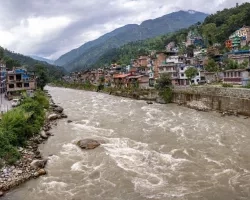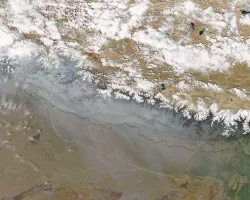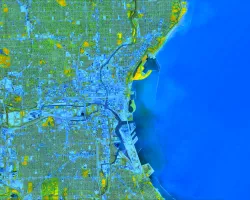USAID and NASA are supporting women scientists around the world to use science and technology to improve resilience and raise the visibility of women in science. More than 30 women scientists and experts work with the USAID- and NASA- supported SERVIR program to solve their countries' most critical development challenges using freely-available satellite data. These women are serving society while simultaneously paving the way for the next generation to see more women play a role in science, technology and public policy.

The skills and perspectives of both women and men are critical to addressing complex challenges like food security, water security, disaster resilience, and sustainable land and forest management. In celebration of 2018 International Women's Day and Women's History Month, SERVIR Global profiled the work of women across the network and their contributions to the development of innovative solutions using science and technology. For example:
- In the Lower Mekong region, Nguyen Hanh Quyen with SERVIR-Mekong is developing a Regional Land Cover Monitoring System that provides critical data for planning and development. This system will provide open, high-quality data at a high frequency to assist countries with their national land cover monitoring as well as crop type mapping for use in agricultural planning.
- In SERVIR-Eastern and Southern Africa, Faith Mitheu is working on tools to improve water resources management specifically designed to help stakeholders monitor flooding and water scarcity in Kenya and Tanzania. These new tools will help stakeholders make informed water management decisions by bolstering local data and monitoring systems with Earth observation data.
Learn more about the women of SERVIR from Niger, Senegal, Kenya, Nepal, India, Thailand and beyond who are working at the cutting edge of these issues by viewing their profiles on the SERVIR website.
This blog was originally featured on Climatelinks, a global knowledge portal for USAID staff, implementing partners, and the broader community working at the intersection of climate change and international development. Read the original blog at climatelinks.org.


